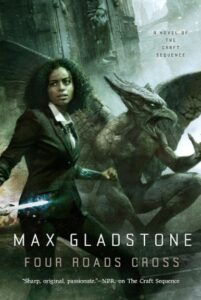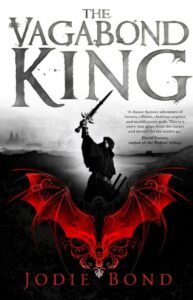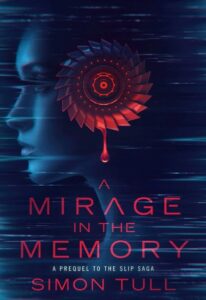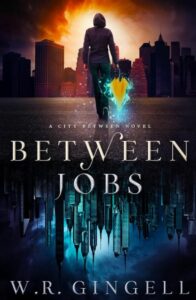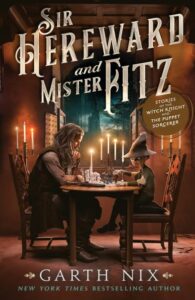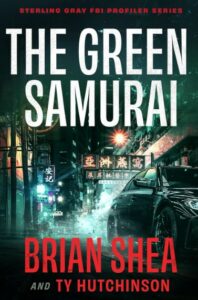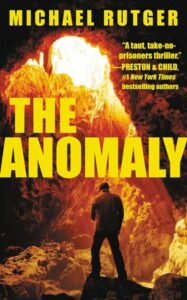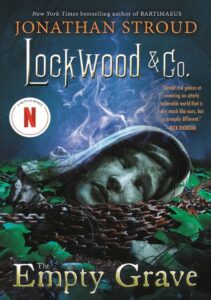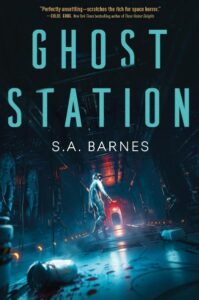Stars: 5 out of 5.
This book is a direct continuation of Three Parts Dead, book 1 in the Craft Sequence series, since it describes events that happen almost immediately after the ending of that book. So technically, you could skip books 2-4 and just read this one. Why though? All books in this series are excellent, and some of the characters we followed in those books make a brief appearance in this one as well. I would say reading them in order listed is an enjoyment in itself.
As we remember, book 1 ended with Tara helping bring the goddess Seril back to life, only this is far from a happy ending for both Seril and Kos, as well as Alt Coulumb. Seril is weak, her cult is small, and she poses a serious financial and reputational risk to Kos and his church. Now Tara and her friends will have to fight for the future of their city and answer a few important questions about themselves and their beliefs.
This book raises a few very interesting questions. What is better? The cold and clinical approach of the Craft, where everything is a transaction, and there is no room left for such things as sentiment, love, friendship, etc. Or faith that sometimes requires self-sacrifice and acts of kindness without expecting anything in return. Or is there a way to combine both of those approaches and to find a happy medium?
This battle of identity is most evident in Tara’s arc in this book, because she has to go against everything she’s been thought in the Hidden Schools. It’s by daring to open her heart to faith and friendship that she wins her case and, I think, finds a home she’s secretly been longing for all her life.
This is also evident in Abelard’s journey in this book, who undergoes a crisis of faith and feels betrayed and used by his god, only to find his own quiet strength in the middle of the chaos. Acceptance is also the theme when it comes to Cat and Raz, who finally face their own demons and emerge victorious from those battles.
In a way, this book is a catharsis for all the events that started in book 1 of the series, and a beautiful resolution for some of those characters I grew to love so much. I know there are more books in this series, and I will definitely pick up the next one.

